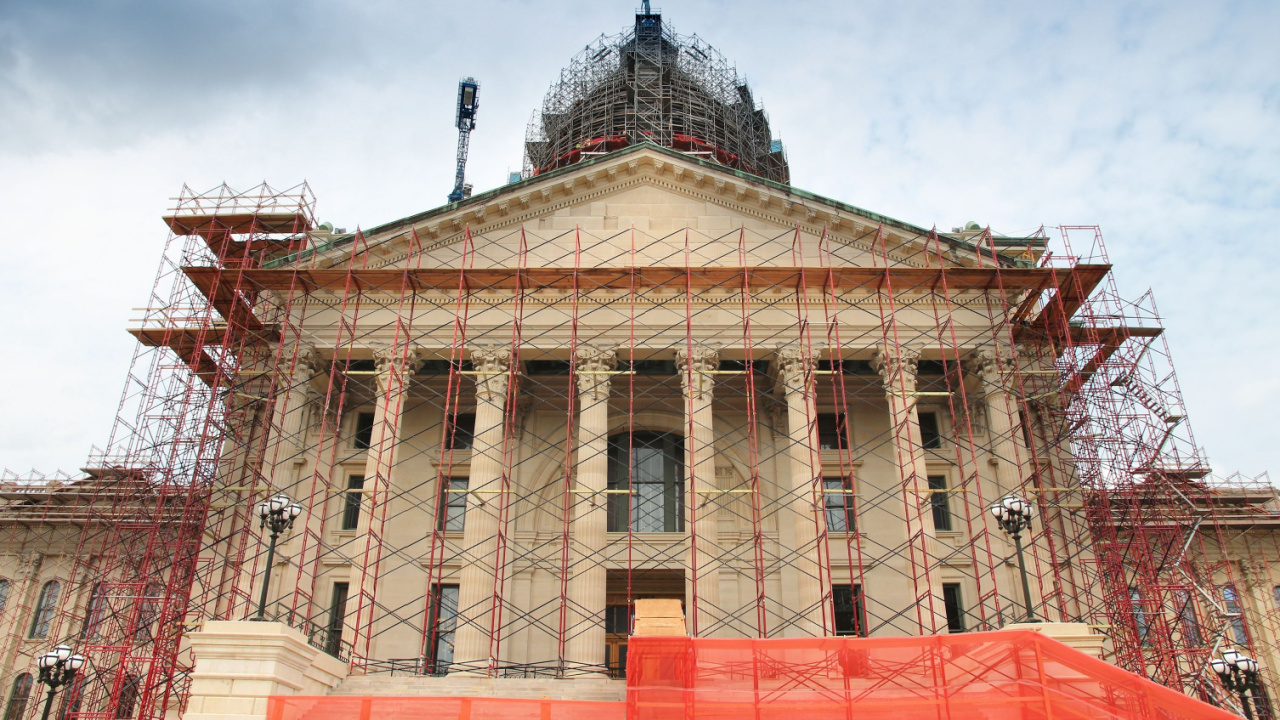
Dispute Resolution of Performance Bond Claims
There is risk of not having the conditions of the contract between the owner and contractor or contractor and subcontractor properly referenced and made a part of the surety bonds issued for the project. They are advised to expressly incorporate appropriate language in the contract documents.
A recent Kansas federal court case of Developers Sur. and Indem. Co. v. Carothers Constr., Inc. reinforces whether a surety could be compelled to arbitrate claims on a performance bond where the underlying subcontract required arbitration of disputes between the contractor and subcontractor.
In Carothers, Carothers was the prime contractor on a Kansas project. Its subcontractor, Seven Hills, defaulted, and Carothers filed an arbitration demand against Seven Hills’ surety, Developers, based on a broad arbitration clause contained in its Kansas subcontract with Seven Hills. Arbitrating with Developers was apparently important to Carothers’ overall strategy, as Carothers had filed three other arbitration claims in Mississippi against Developers, which were pending. Developers, however, wanted to be in court, likely because technical legal defenses under surety law are generally more favorably received in court as opposed to in arbitration, and sureties have appeal rights in court that are usually foreclosed in arbitration.
As a result, Developers brought a court action against Carothers seeking a declaration by the court that it was not required to arbitrate Carothers’ claim under the performance bond.
Developers argued that the performance bond did not contain an arbitration clause compelling arbitration. Carothers countered by pointing to language in the bond that the subcontract between Seven Hills and Carothers “is incorporated by reference herein in its entirety and made an integral part” of the performance bond.
In support of its argument, Carothers cited decisions in five federal circuit courts and several federal district courts adopting Carothers’ argument. Carothers characterized its position as the majority view. The Kansas federal court, however, was unpersuaded. Based on its analysis of the language of the Carothers’ subcontract with Seven Hills and of the Developers’ surety bond, the court held that Developers did not consent to arbitration of claims against the performance bond and was not required to arbitrate with Carothers.
The holding of Carothers, thus, teaches that, if a contractor or owner wants to avoid litigation on the issue of whether a surety may be compelled to arbitrate, it should, to be on the safe side, specifically call this out in the contract documents with a provision such as the following: “Notwithstanding anything to the contrary in the contract documents or in any bonds issued pursuant to those contract documents, the surety issuing such bonds hereby expressly consents to the dispute resolution mechanism set forth in the contract documents.”
By including such a provision, claimants on performance bonds should be able to avoid two potential complications:
- having to file an arbitration against the principal and a court action against the surety in order to comply with the limitation of actions in the bond and/or applicable statute of limitations; and
- litigating with the surety, where the principal is insolvent, over whether the principal’s claims against the surety are required to be arbitrated, as was the case in Carothers.
Related stories








